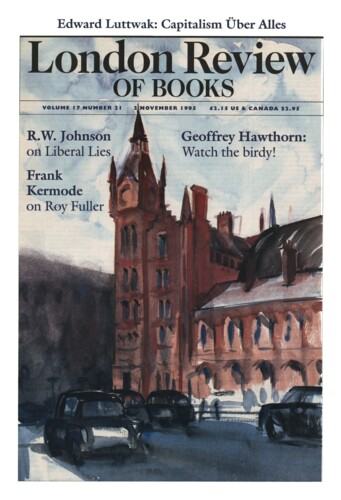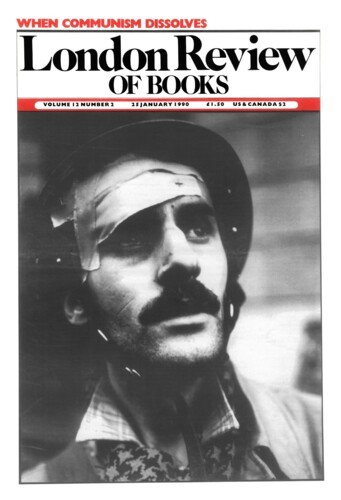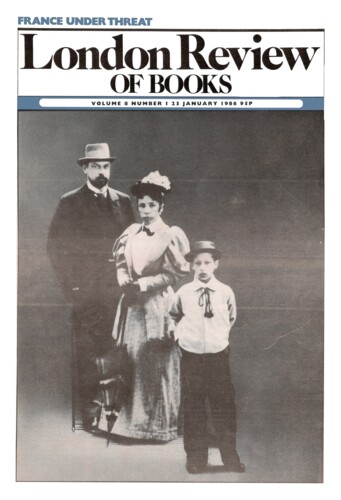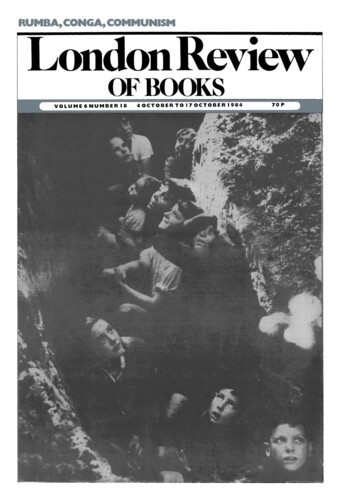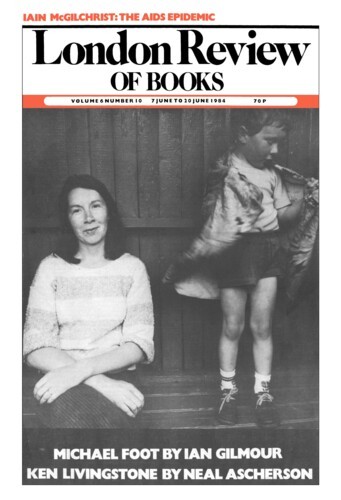It’s not so much thinking out what to do, it’s the doing of it that sticks me
Iain McGilchrist, 2 November 1995
The pianist is stopped mid-cadenza as he suddenly remembers his fingers. The lover is recalled from ecstasy by a fractionally too great awareness that he needs to consult an erotic zone. The poem grinds into prose. The Goddess of Nature cedes to the Department of the Environment. It might be called a modern affliction: an excess of self-consciousness, a doing of things by rules, a misplaced hungering for certainty. In every sphere of life we find a new kind of attention imposed, drawn out from within the experience and directed at the idea of the experience. Nothing is spared.
